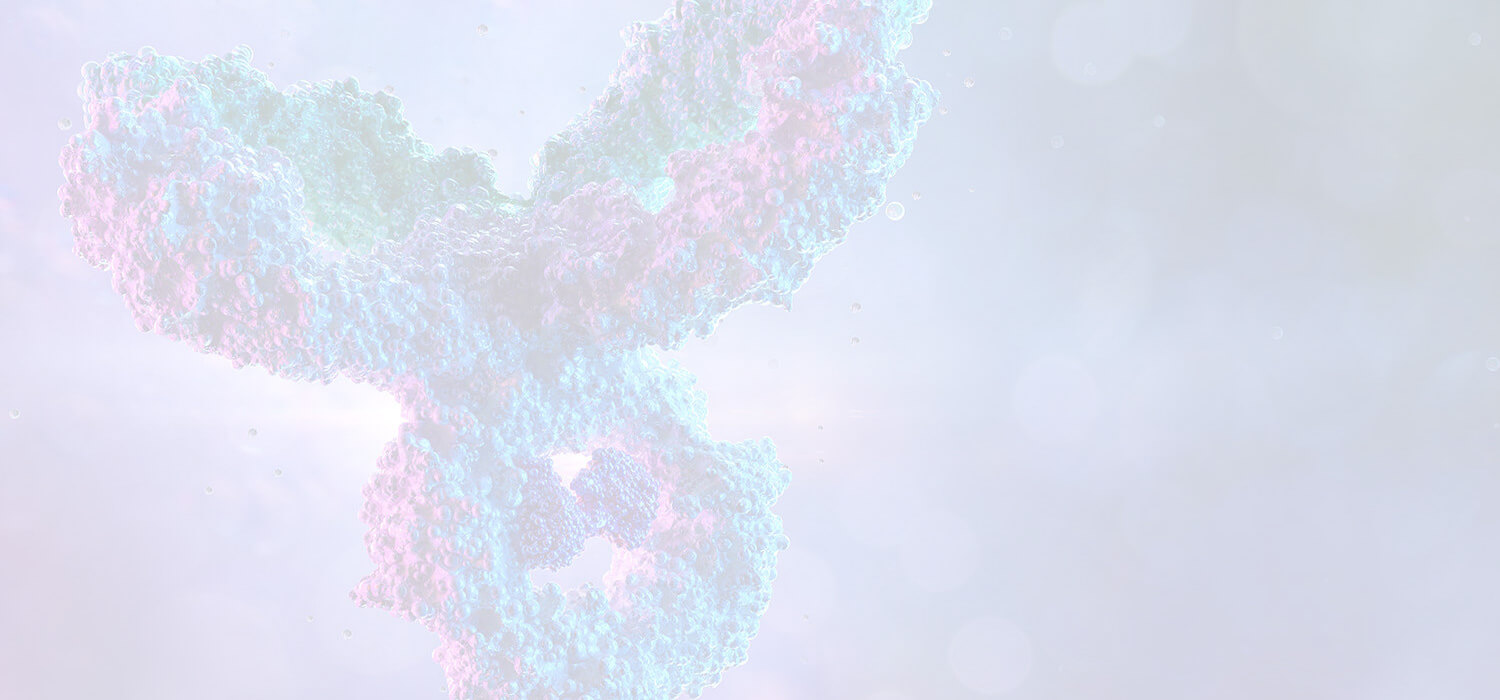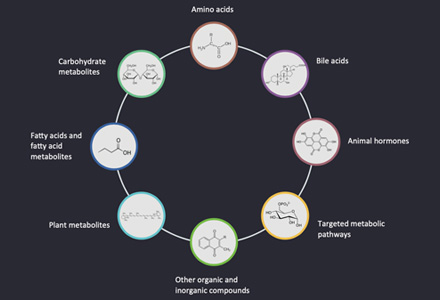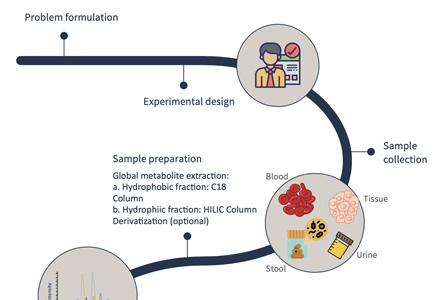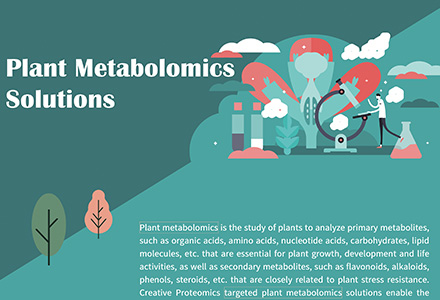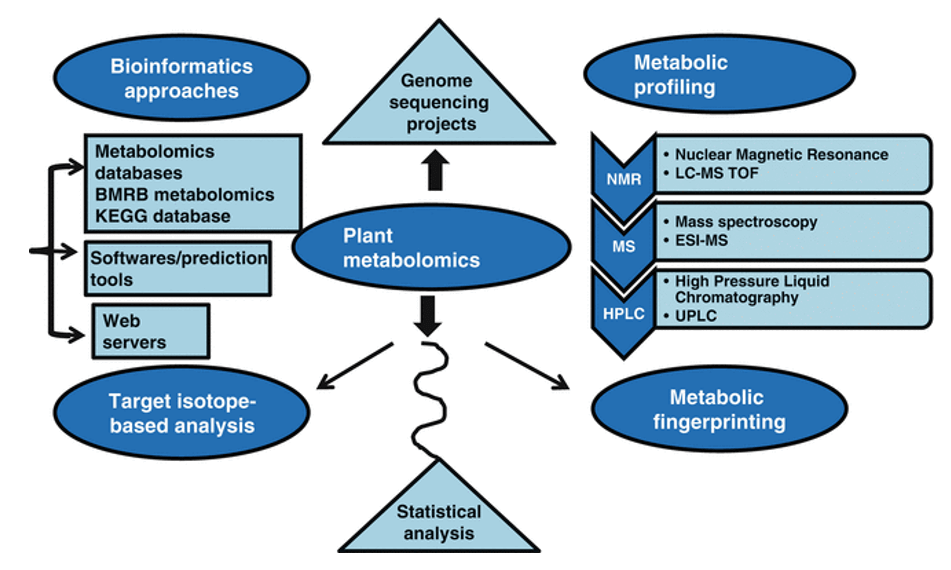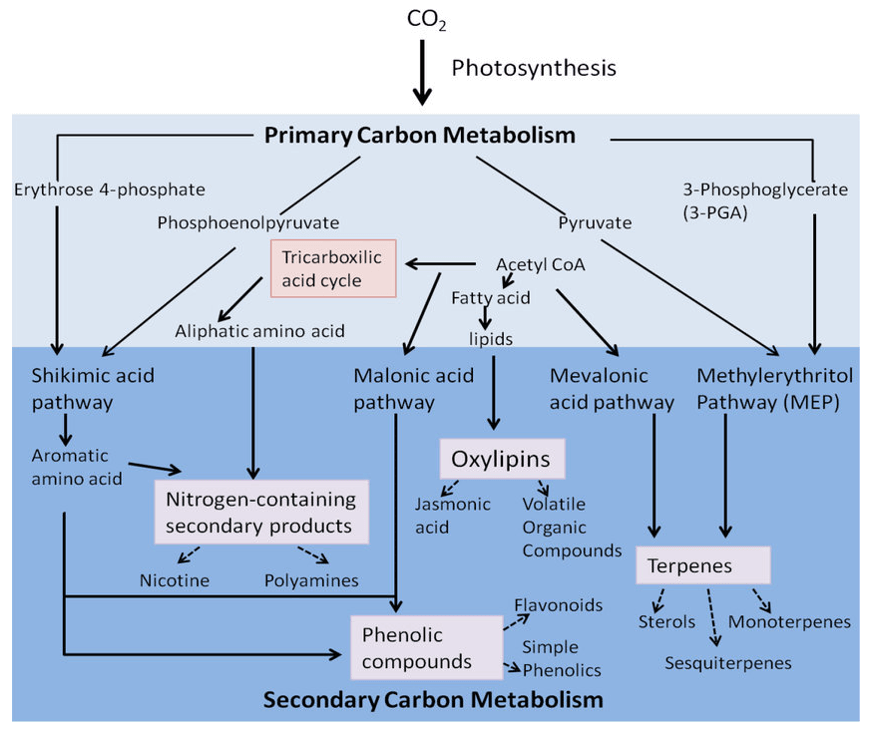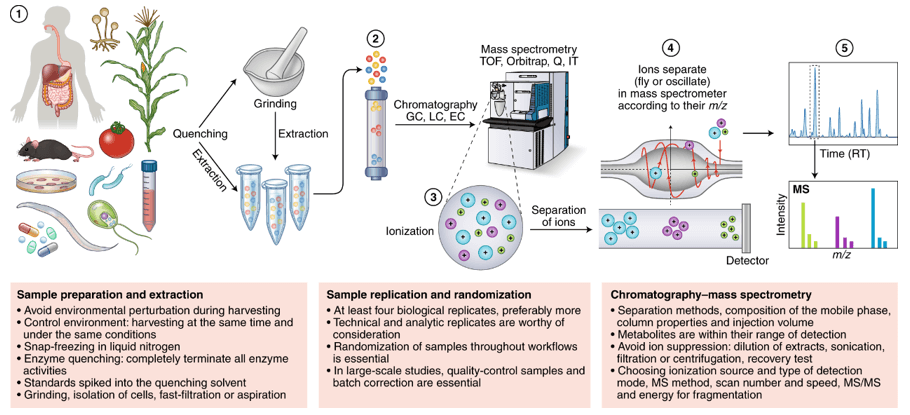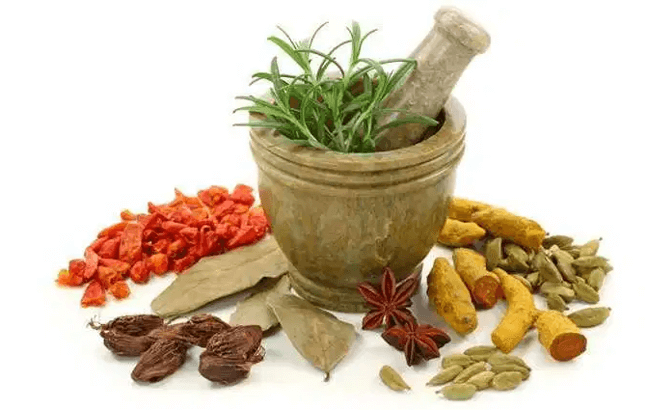Overview
Stilbenes are the general name for a class of substances that have a parent nucleus of homo stilbene or its polymers. Monophenol and diphenolic hydroxy astragalus compounds are mainly found in parenchyma cells of the xylem of plant tissues. When the plant is infected by bacteria or stimulated by the outside, the total content of the stilbenes in the stimulated tissue area increases significantly. Therefore, natural stilbenes compounds may be stress products of plants. Stilbenes have a wide range of biological activities. In addition to the known antibacterial effect, some stilbenes have been found to have the effect of lowering blood lipid. Rhaponticin isolated from rhubarb has been applied in the clinical treatment of hyperlipidemia. There are some stilbenes that can protect the liver, dilate capillaries to improve microcirculation, dilate coronary vessels, lower blood pressure, fight allergies, inhibit platelet aggregation and fight tumors. The biological activity of stilbenes has been widely concerned. High performance liquid chromatography (HPLC) is a sensitive analytical technique that enables detection, identification and quantification of a variety of stilbenes by characterizing their chemical structure, even at low abundance. Comprehensive phytohormone profiling helps elucidate a plant’s responses to different conditions such as mutations, stress, and hormone treatments.
Applications of Stilbenes Analysis
- Reveal mechanisms of plant development
- Uncover plant's responses to biotic and abiotic stresses
- Safety assessment of crops
- Crop improvement
Advantages of Our Stilbenes Analysis Service
Rich experience in plant sample handling and analysis of various stilbenes
Enable analysis of stilbenes present in a variety of plant species at cell/tissue level.
Accurate quantification of stilbenes with HPLC
Flexible statistical analysis and bioinformatics analysis
Service Workflow
Since different tissues have different matrix properties, Creative Proteomics has developed multiple novel sample preparation techniques. Our services allow the profiling of multiple stilbenes, including rhaponticin, resveratrol, salvianic acid, etc.

Detector: UV detector
Linear: R>0.999
Time: dozens of minutes, slightly different according to different ingredients
Analysis content:
- Standard curve creation
- Raw data preprocessing
- Absolute quantitation of acenocoumarol
- Differential coumarins screening
- Optimal analyses
List of Detectable Stilbenes at Creative Proteomics
Sample Requirements
1. Fresh plant tissues from leaf, flower, stem, root, seed, or fruit: >1 g. Provide young plant tissues for the best results. Samples should be frozen in liquid nitrogen immediately after collection, and then transferred to -80°C for storage.
2. Cells stored in -80°C.
At least 3 biological replicates.
Deliverables
- Experimental procedure
- Parameters of HPLC
- Purity analysis report
- HPLC raw data files and HPLC data quality checks
- Metabolites quantification data
- Custom analysis report
HPLC-based profiling of stilbenes enables quantitative analyses of stilbenes in a faster, convenient, and sensitive manner. With decades of experience in HPLC services, Creative Proteomics has a proven track record supporting diverse stilbenes detection and quantification. We can meet your specific project requirements, from sampling to bioinformatics.
For Research Use Only. Not for use in diagnostic procedures.

